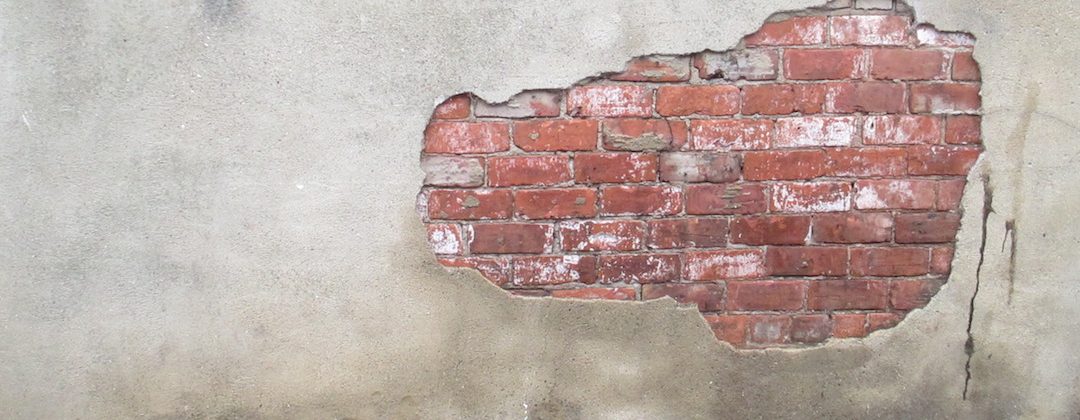
I know that I am comparing apples and oranges when I complain that the University of Illinois is paying $175,000 to Lisa Troyer to leave but that it cannot find $5,000 to pay dues to maintain UIUC membership in Imagining America. Troyer is former chief of staff to former UI President Michael Hogan, and now a tenured professor in the UI Department of Psychology; she has agreed to drop her complaint against UI and go away. Despite the fact that these are very different decisions at at very large institution, I am still really angry that my institution chooses not to participate formally in Imagining America, which, to my mind, offers useful insights and promising directions forward for public universities. The UI membership just expired July 1, 2012. UIUC has been a member since 2001; membership for our institution costs a mere $5,000.
Imagining America (IA) http://imaginingamerica.org/ is a consortium of about 85 U.S. institutions of higher education founded in 1999 that foregrounds arts and humanities to foster “mutually beneficial campus-community partnerships that advance democratic scholarship and practice.” This spring, I gathered signatures on a letter to the upper administration asking that we pay our dues. Ruth Nicole Brown and I worked hard to make the case. For UIUC to lose the benefits of this nationally important network would not only deprive us of collective insights on community-university partnerships, but also remove a significant forum for us to share our work, from Action.Research Illinois, to Saving Our Lives, Hear Our Truth (SOLHOT), from hip-hop activism to public humanities.
While we assembled a few numbers to help the argument that Imagining America membership “pays off,” the qualitative and experiential aspects of participating in Imagining America better reflect its impact. One area of strategic involvement for the University of Illinois has been our campus-community relationships. In May 2009, the Civic Commitment Task Force published “Integrating Civic Commitment with the University’s Strategic Plan.” This document identified 10 goals in four areas—teaching, research, resources, and assessment. This three-year effort by a group of campus and community leaders addressed the need to prepare our students to be global citizens while at the same time affirming that civic commitment offers important, indeed crucial, research opportunities. Further, the task force argued that these efforts must bring in resources to sustain them, and methods to evaluate them. Imagining America recognizes that long-term involvement and responsive and responsible engagement are essential to collaborations that lead to high and positive impacts in people’s lives, whether through coursework, research or social change. Key questions demand ongoing investigation: What has worked, what has not worked, and why? This examination of the university and its publics is an enormous and generative opportunity; Imagining America fosters and supports these dialogues.
An Imagining America group recommended that an institution “evaluate and document community partnerships and public projects thoroughly, regularly, and using a range of appropriate methods.” Past efforts at UI have included Partnership Illinois, Urban Exchange, Civitas, and other projects as far back as the Community Advocacy Depot of 1969, but there have been few forums for assessing these projects.
IA’s 2008 Tenure Team Report, linked from their website made recommendations for supporting engaged scholarship. The team also noted that faculty of color, often from activist-oriented fields, indicated a “strong sense that pursuing academic public engagement was an unorthodox and risky early career option” for them. Meaningful, reciprocal engagement is critical to attract local young people and retain and promote underrepresented faculty. As Dr. Brown noted, Imagining America has provided her and her students “training, instruction, and professional development in performance studies,” for example, which is otherwise unavailable on this campus. Further, Imagining America provides valuable networking opportunities and tangible resources for career advancement in public scholarship.
Ruth Nicole Brown has articulated a vision and practice with SOLHOT that inspires me. I want to be part of the engaged scholarship that she describes, and I view Imagining America as one means to that goal. Really, is $5,000 too much to pay to help keep us/get us back on track? I think not.

